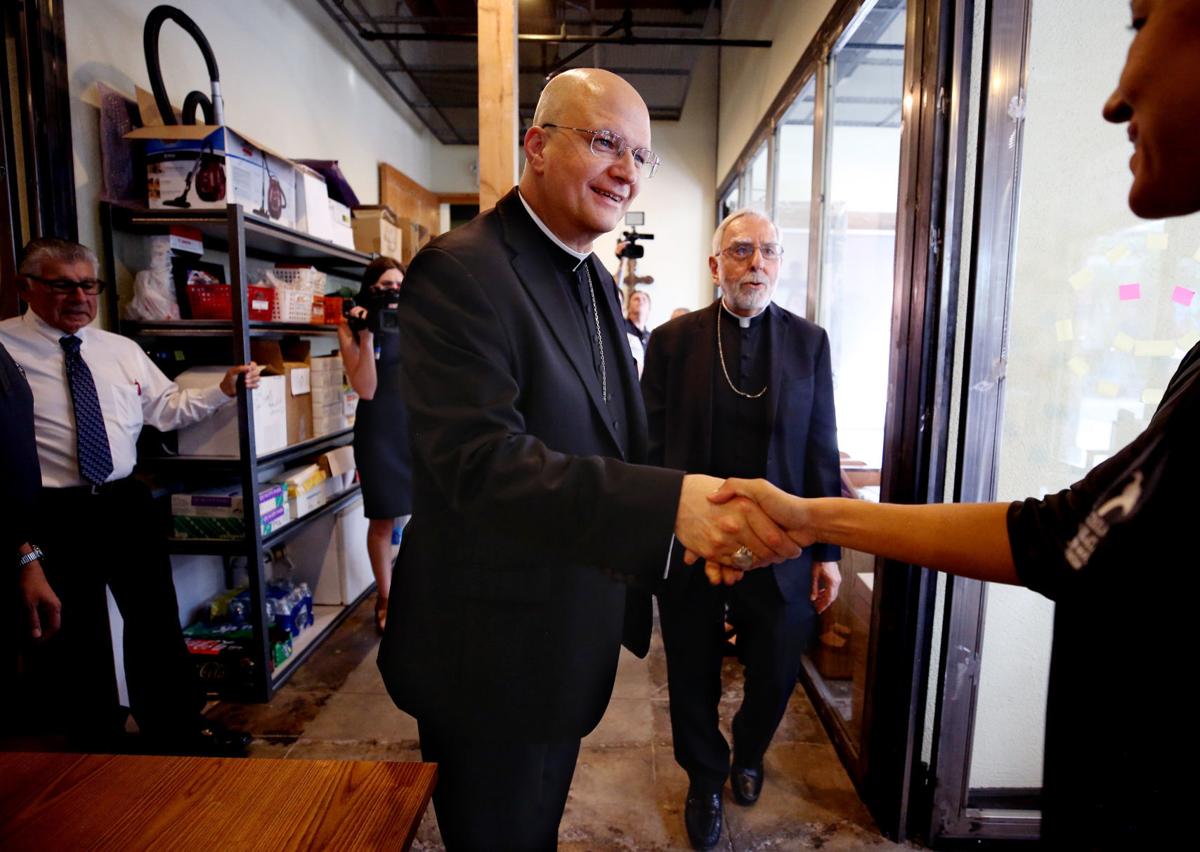Tucson Bishop Edward Weisenburger released a lengthy statement last week about sexual abuse in the Catholic Church in which he revealed that, over the past decade, the local diocese has fired 10 employees and revoked the clearance of 12 unpaid workers after allegations of sexual misconduct.
Weisenburger addressed the horrifying report out of Pennsylvania in which a grand jury found that more than 300 priests had abused more than 1,000 individual victims over 70 years.
He outlined steps the Roman Catholic Diocese of Tucson takes to prevent, identify and review allegations of sexual abuse within its clergy, staff, laity and volunteers. His contrition for past misdeeds comes through.
But in his attempt to reassure the public, and Catholics, that things are better now, the Bishop’s words and explanations give rise to a weak defense that undercuts the apology and raises questions his statement was likely trying to head off.
He states that most of the abuses identified in the Pennsylvania report happened decades ago, noting that of the 301 perpetrators, “only two are from the last 10 years! That mirrors our experience here in the Tucson Diocese.”
He goes on: “The vast majority of allegations in the Pennsylvania report are from decades ago — a time frame in which our secular culture experienced the so-called ‘sexual revolution— and assured us that sexual acts had little intrinsic meaning.”
The “sexual revolution” was connected to the availability of the birth control pill for women in the 1960s, which the church opposed, and couldn’t be prescribed to unmarried women until 1972, after a U.S. Supreme Court case.
Framing the church’s utter failure to protect children within the context of medical and cultural changes to women’s sexual options is a reach too far.
Regardless of one’s view about sex outside of marriage, or relationships between consenting adults, the systematic sexual predation and rape of children by priests — powerful, trusted adult men seen as God’s messengers on earth — and the church’s cover-up will be what it has always been: a monstrous crime and vile betrayal.
This excuse rings even more hollow, as the sexual abuse and church cover-up detailed in the Pennsylvania report goes back to 1947.
The physical acts may have happened decades before, but the damage and effects endure. The violations were also emotional, and spiritual.
Weisenburger is right when he states that sexual abuse is a serious problem in our nation today, but he doesn’t sufficiently acknowledge the church’s complicity in protecting molesters. Pointing out that other, secular, institutions have also failed children provides no comfort.
Weisenburger anticipates this response in his statement. The steps the Diocese of Tucson has taken, in the wake of its own abuse history, are encouraging. It’s good the church is on the right track — now. But it actively protected abusers for generations, and that stain can’t be washed away by time.





